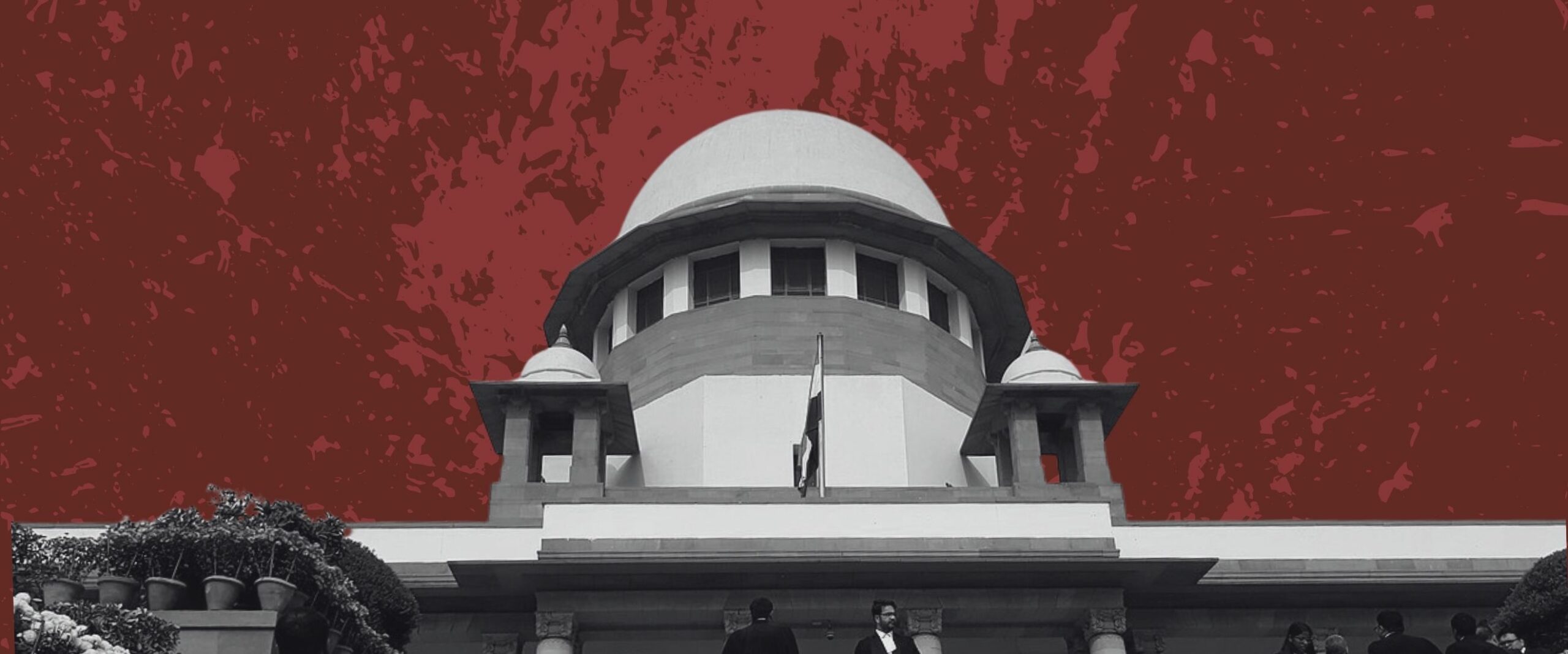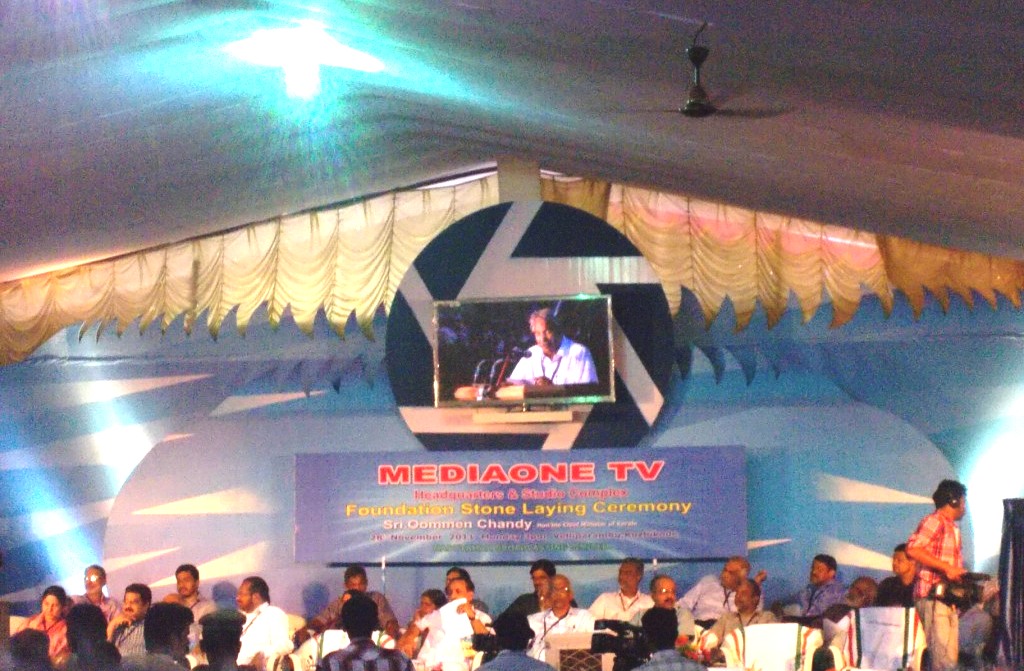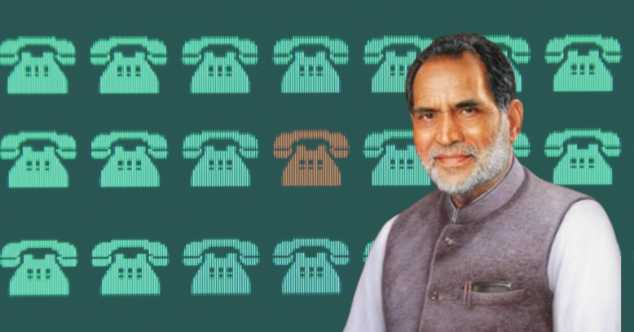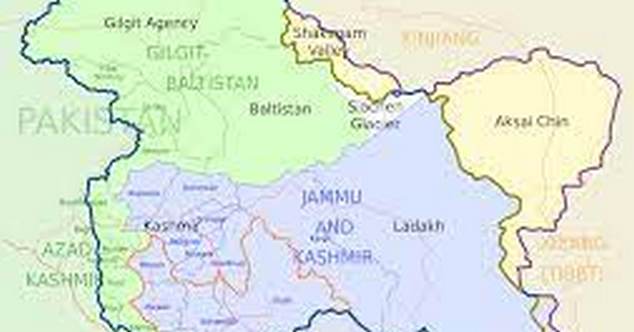Analysis
MediaOne TV Ban: Will the Court Balance Free Speech and National Security?
Amidst concerns of national security, the Supreme Court shall next hear the challenge to MediaOne TV's ban on March 15th.

The spectre of national security has yet again made an appearance at the Supreme Court. Harkening to another collision between the Right to Free Speech and national security concerns, a three-Judge Bench of the Court today issued notice in the challenge to MediaOne TV’s transmission ban. The matter will next be heard on March 15th.

MediaOne TV is a Malayalam news channel operated by the Jamaat-e-Islami Hind, an Islamic organisation. MediaOne TV first received its license from the Ministry of Information and Broadcasting (I&B Ministry) in 2011, and was launched in 2013.
In January this year, the I&B Ministry refused to renew the Kerala-based TV channel’s transmission license and issued an order asking the company to halt its operations. The I&B Ministry claimed that this was because the Ministry of Home Affairs (MHA) had denied security clearance to the channel. In its communication to MediaOne TV, the I&B Ministry cited considerations of ‘national security’ and public order in its refusal to renew the channel’s license.
MediaOne TV’s Transmission Ban: The Legal Route So Far
MediaOne TV challenged this ban at the Kerala High Court in February 2022. The petitioners argued that the I&B Ministry’s refusal to grant the license violated the channel’s Right to Free Speech and Expression under Article 19(1)(a) of the Constitution of India, 1950. Drawing attention to the Supreme Court’s decision in Manohar Lal Sharma v Union of India, 2021, MediaOne reiterated the SC’s stance that while the power of judicial review in matters pertaining to national security is limited, the State cannot get a ‘free pass’ every time concerns about national security are raised.
In response, the MHA produced files at the Kerala High Court of its MediaOne’s security clearance assessment. The Court upheld the ban on February 8th 2022, emphasising the importance of upholding national security and pointing to the sensitive nature of the Information and Broadcasting sector, which has the ability to upend it.
MediaOne TV challenged the High Court’s decision at the Supreme Court in the first week of March.
On March 10th, Senior Advocate Mukul Rohatgi, appearing for MediaOne, emphasised that the renewal of a broadcasting license does not ordinarily require security clearance. Mr. Rohatgi said that the ban violated the channel’s Constitutional Right to Freedom of the Press under Article 19. Additionally, Mr. Rohatgi argued that the channel had hundreds of employees who would lose employment if the ban continued to remain in force. Senior Advocate Dushyant Dave, also appearing for MediaOne TV, pointed out that the Supreme Court’s definition of violations of national security, as laid out in Romesh Thappar v State of Madras, 1950, refer to acts that endanger the very foundation of the State. Mr. Dave argued that the High Court had not applied this threshold to the MediaOne TV case.
The Supreme Court said that it would hear the case in the third week of March, and asked the Centre to produce the internal files based on which it refused to renew MediaOne TV’s license.
How has the Court balanced Fundamental Rights with national security concerns in the past?
This is not the first time that MediaOne TV has been banned and taken off the air. In 2020, the I&B Ministry barred the transmission of the channel for two days, irked by its coverage of the Delhi riots. The I&B Ministry claimed that the channel’s coverage of the riots was biased and violated the Cable Television Network Rules, 1994, which states that no programmes must be aired that attack or promote hatred against religious communities.
This is also not the first time in the recent past that the Supreme Court has had to engage with the question of how to balance Fundamental Rights against concerns of national security. In 2020, the Court held that the Union’s suspension of 4G internet services in Kashmir, following the abrogation of the state’s special administrative status, cannot be indefinite. The Court in its decision engaged extensively with the tussle between the Right to Free Speech and national security, stating that it was important to be ‘cautious’ in trying to achieve a balance between the two.
The Pegasus Spyware case in 2021 saw the Court setting up a Technical Committee to investigate whether the Union Government had indeed used the Pegasus spyware to surveil Indian citizens. In its Judgment, the Court said that its judicial review powers were limited in matters involving national security. However, it emphasised, the judiciary cannot shy away from a case just because national security is involved. While the Court must be circumspect in these matters, there is no prohibition on judicial review. The mere mention of national security cannot make the Court a ‘mute spectator’.
With the MediaOne TV case, the phantom of national security continues to loom over the Court. It remains to be seen if and how the Court will undertake another balancing exercise between Free Speech Rights and national security.



